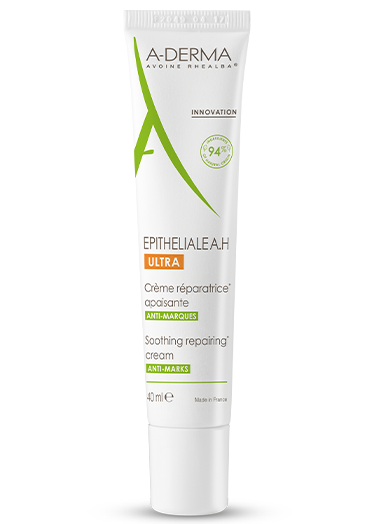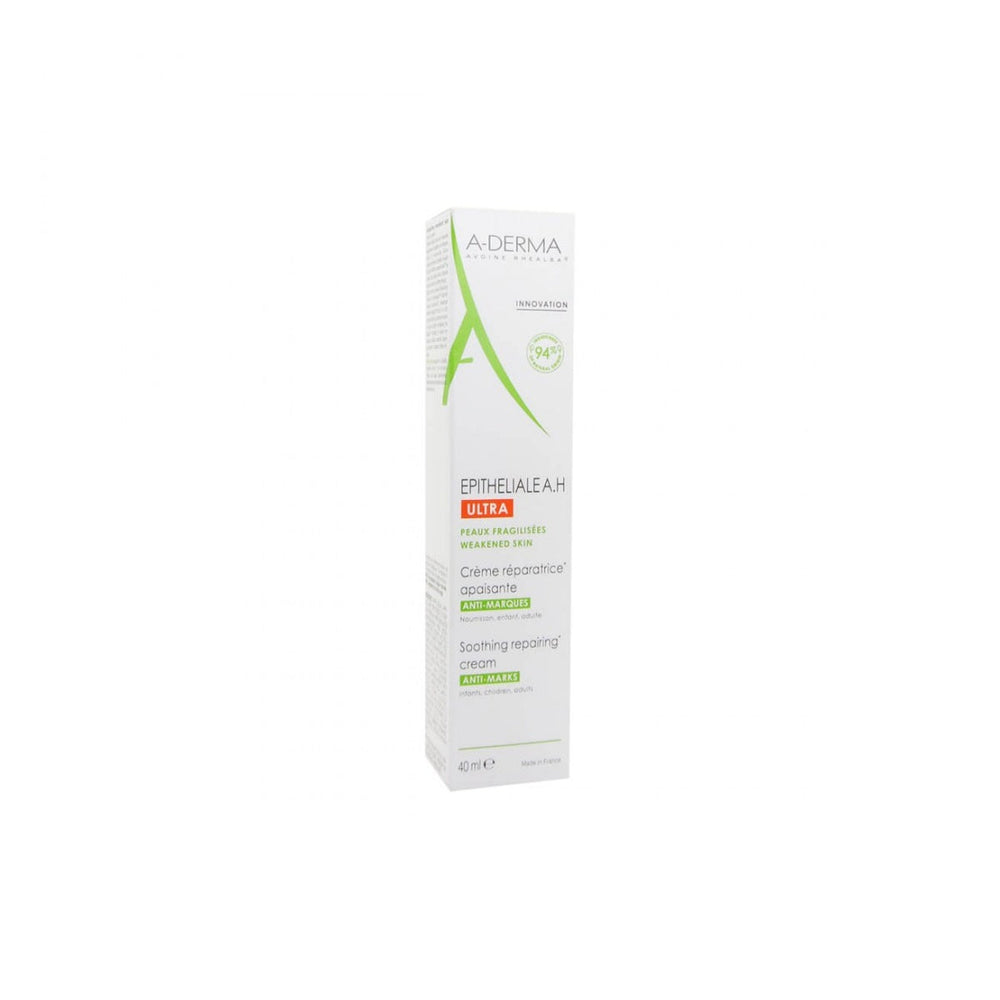Niacinamide vs. Vitamin C: Which One is Right for Your Skin
When it comes to achieving glowing, youthful skin, niacinamide and vitamin C are two of the most popular and effective skincare ingredients. Both are praised for their ability to brighten, even out skin tone, and combat signs of aging, but how do you know which one is right for your skin?
In this blog, we’ll dive into the benefits and differences between niacinamide and vitamin C and explore how they can work together.

What’s Niacinamide and What Does It Do?
Niacinamide, also known as Vitamin B3, is a multitasking skincare ingredient that addresses a wide range of concerns. If you're dealing with acne, hyperpigmentation, premature aging, or large pores, niacinamide is an effective solution. It’s especially loved for its ability to strengthen the skin barrier, reduce redness, and balance oil production.
Even at lower concentrations (2–5%), niacinamide shows significant results, making it a go-to for all skin types, including sensitive skin. The key is that it’s a gentle ingredient, offering impressive benefits without irritating the skin.
For a niacinamide-infused serum, consider the Keth Laboratories Brightening Boost Serum. This serum contains a potent 5% niacinamide concentration to help brighten your complexion, reduce hyperpigmentation, and improve overall skin texture while being gentle enough for daily use.
Benefits of Niacinamide:
-
Reduces Hyperpigmentation: Helps lighten dark spots, acne scars, and uneven skin tone.
-
Supports the Skin Barrier: Promotes healthy skin function and hydration.
-
Controls Oil Production: Balances oil levels, making it a great choice for oily and acne-prone skin.
-
Anti-Inflammatory: Calms redness, irritation, and inflammation, making it ideal for rosacea and sensitive skin.
What’s Vitamin C and What Does It Do?
Vitamin C, or ascorbic acid, is one of the most well-known antioxidants in skincare. It’s famous for its brightening and antiaging properties. Vitamin C helps protect the skin from oxidative stress caused by free radicals, which can lead to premature aging and hyperpigmentation.
In addition to its antioxidant benefits, Vitamin C stimulates collagen production, improving skin elasticity and firmness. Over time, it helps reduce the appearance of fine lines and wrinkles while brightening the skin and evening out your complexion.
For an effective Vitamin C serum, try the Actium Plus Acti-C Serum This serum contains a potent yet gentle Vitamin C formulation to brighten the skin and even out skin tone while also providing anti-aging benefits. It’s a great choice for anyone looking to target dark spots, dullness, and fine lines.

Benefits of Vitamin C:
-
Brightens the Skin: Fades dark spots and promotes a healthy, glowing complexion.
-
Boosts Collagen Production: Helps reduce the appearance of fine lines and improves skin firmness.
-
Protects Against Environmental Damage: Shields the skin from free radicals caused by UV exposure and pollution.
-
Evens Skin Tone: Helps lighten hyperpigmentation and dark spots.
Which ingredient is right for your skin?
Both niacinamide and vitamin C are incredibly effective, but they each target skin concerns in slightly different ways. Choosing between the two depends on your skin’s needs:
-
Niacinamide: If you have sensitive skin, acne, or want to strengthen your skin barrier, niacinamide is the go-to ingredient. It’s gentle and addresses redness, irritation, and hyperpigmentation.
-
Vitamin C: If you're aiming to brighten your skin, reduce signs of aging, or protect against environmental damage, Vitamin C is the perfect addition.
For a complete skincare routine, you might want to incorporate both ingredients. Niacinamide works wonders for maintaining a healthy skin barrier, while Vitamin C provides the brightening and anti-aging boost your skin may need.
Can you use Vitamin C and Niacinamide Together?
The good news is that you can absolutely use both Vitamin C and niacinamide in your routine! These ingredients work well together, offering complementary benefits for the skin. For optimal results, apply Vitamin C in the morning (as it helps protect against environmental stressors), and use niacinamide in the evening to support your skin’s barrier and help with overnight repair.
When layering these products, start with your thinnest consistency (Vitamin C serum) and follow up with a thicker moisturizer or niacinamide serum. This approach will maximize the benefits of both ingredients.
Conclusion
Whether you choose niacinamide or vitamin C, both are valuable ingredients to include in your skincare routine. Niacinamide is perfect for sensitive, acne-prone, and aging skin, while Vitamin C is ideal for those seeking brightness and collagen support. For a well-rounded skincare routine, consider incorporating both, using Vitamin C in the morning and niacinamide in the evening.
Explore more products like these at Your Derm Store to find the perfect addition to your skincare regimen.
Note: Before incorporating any new product into your routine, we highly recommend doing a patch test to check for any sensitivities or allergic reactions. If you're unsure about which ingredients are right for your skin or if you have any skin concerns, it’s always a good idea to consult with a dermatologist to get personalized recommendations











































































